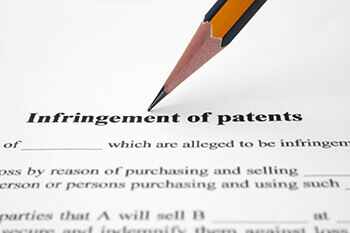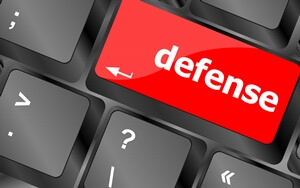Intellectual Property Law
What is Fair Use?
Fair use is a legal doctrine that permits the use of copyrighted works in certain circumstances. The test used in determining whether something falls under fair use is a multi-factor, fact-specific analysis. Section 107 of the Copyright Act provides the statutory framework for this analysis, which calls for consideration of the following four factors in evaluating a question of fair use:
- Purpose and character of the use, including whether the use is of a commercial nature or is for nonprofit educational purposes: Courts look at how the party claiming fair use is using the copyrighted work, and are more likely to find that nonprofit educational and noncommercial uses are fair. Additionally, “transformative” uses are more likely to be considered fair. Transformative uses are those that add something new, with a further purpose or different character, and do not substitute for the original use of the work.
- Nature of the copyrighted work: This factor analyzes the degree to which the work relates to copyright’s purpose of encouraging creative expression. In other words, using a more creative work (such as a song) is less likely to support a claim of a fair use than using a factual work (such as a news article).
- Amount and substantiality of the portion used in relation to the copyrighted work as a whole: Under this factor, courts look at both the quantity and quality of the copyrighted material that was used.
- Effect of the use upon the potential market for or value of the copyrighted work: Here, courts review whether, and to what extent, the unlicensed use harms the existing or future market for the copyright owner’s original work.
Most fair use analyses fall into either the category of commentary or parody. For example, if you are commenting upon or critiquing a copyrighted work—for instance, writing a movie review—fair use principles allow you to reproduce some of the work to achieve your purpose. A parody is a work that ridicules another, usually well-known work, by imitating it in a comic way. Judges understand that, by its nature, parody demands some taking from the original work being parodied. Unlike other forms of fair use, a fairly extensive use of the original work is permitted in a parody in order to “conjure up” the original.
Since the nature of a fair use analysis is so fact-specific, you should never assume your use of a work definitely falls under fair use.

Mary Casey
Managing Attorney
PHONE: 508-393-9244
EMAIL: casey@harborlaw.com
Mary Casey is a business law and intellectual property attorney.
Ms. Casey brings over twenty years of senior level technical and management experience in biomedical research, medical and bio-electronic device design and fiber optic and computer technology. The combination of hands-on technical experience and legal expertise gives Ms. Casey a unique understanding of her clients' business issues and needs which makes her an effective counselor.
Find out more about issues in our related practice areas
Intellectual Property Law
Trademark Protection
Trade Secrets
Copyrights
Patents
Intellectual Property Law
Insights, opinions and decisions you should know about

Defend Trade Secrets Act: Two Years Later
It has been more than two years since President Obama signed the Defend Trade Secrets Act (DTSA) into law, which created a federal, private, civil cause of action for trade-secret misappropriation in which “[a]n owner of a trade secret that is misappropriated may...

Where Do You Sue for Patent Infringement? – Proper Venue Post ‘TC Heartland’
In May of 2017, the Supreme Court unanimously reversed the Federal Circuit’s 25-year-old precedent on venue for corporate defendants.[1] Venue is the proper or most convenient location for trial of a case, and is governed by state and federal statutes. The 10-page...

Cost-Effective Mechanisms for Enforcing Intellectual Property Rights
In my practice, I counsel small and midsize business clients, many of which are astute with regard to securing their intellectual property rights. They have federally registered their trademarks with the U.S. Patent and Trademark Office, secured a portfolio of patents...

How Do I Defend a Patent Lawsuit?
The Top 5 Ways to Defend Your Company in Patent Infringement Litigation You discover that your company has been sued for patent infringement. After reviewing the patent cited in the complaint, you determine that the technology described relates to your company’s...
Get in touch with us.
Learn more about how we can help.